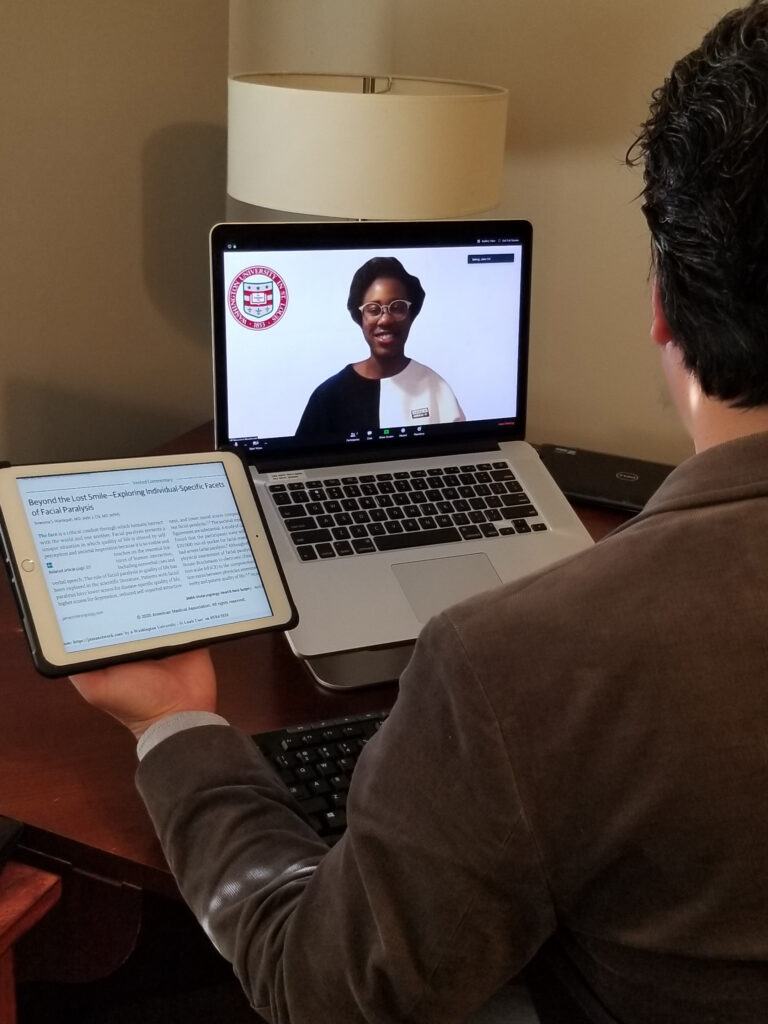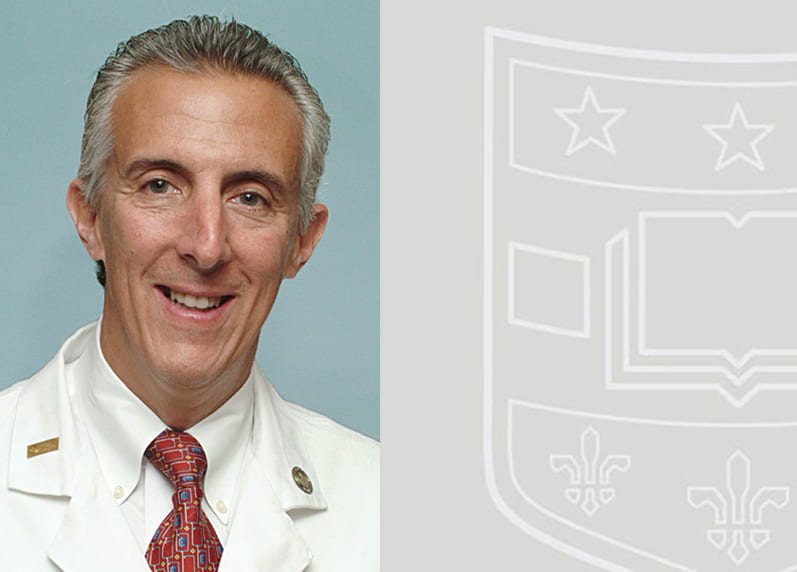In response to the COVID-19 pandemic, Washington University School of Medicine required all principal investigators and directors of research groups to put into place research contingency plans by March 23. The key feature of the research contingency plan was to define the “essential” and “important” functions of the lab and to build a contingency plan around the functions performed in the lab.
“Essential” functions are defined as: 1) Maintenance of critical reagents (cell lines, animals) and critical equipment (freezers, N2 tanks, computer clusters, other equipment) (no experiments) and 2) research related to COVID-19. “Important” functions included: 1) completing or winding down ongoing experiments that would be irreparable to the research project to halt, 2) completing/modifying/winding down ongoing experiments that would be costly or time consuming (e.g. months, not days or weeks) to the research project to halt.
Researchers were also asked to reduce all personnel in the labs and to identify the indispensable personnel necessary to carry out the “essential” and “important” functions. Researchers were also instructed to inform all lab personnel of the importance of maintaining social distancing and appropriate hygiene and use of personal protective equipment (PPE).
Transitioning to remote research
Researchers engaged in clinical and human subjects’ research were faced with the challenge of transitioning all research performed in person to a remote platform once the campus was locked down to visitors. All subjects participating in therapeutic trials or other research studies deemed essential to the subjects’ health were allowed on campus. Research subjects participating in trials or research studies that were not essential to the subject’s health were prohibited from continued on campus visits. The research teams were required to implement remote study visits via telecommunication. The collection of this information was coordinated by Sara Kukuljan, manager Clinical Research, and provided to Dr. Craig Buchman for his approval.
To stay engaged with the research mission, researchers were asked to develop activities for staff and trainees to complete at home. These activities include analyzing data, writing manuscripts, reading papers, developing new research proposals. Many residents, research trainees, and students are actively engaged in systematic reviews, chart reviews, and large dataset analyses many with remote statistical assistance (Zoom) from Dr. Dorina Kallogjeri.
New studies and innovations

Some faculty and trainees are conducting quality improvement projects and planning clinical studies. For example, Drs. Tyler Bertroche, Patrick Pipkorn, Paul Zolkind, Buchman, and Jose Zevallos developed a new negative pressure aerosol cover for COVID-19 tracheostomy, which was just published online in JAMA Otolaryngology-Head & Neck Surgery.
A research proposal analyzing the incidence of anosmia as a presenting symptom of COVID-19 and longitudinal follow-up of these patients to define the natural history is currently under review by the Washington University School of Medicine institutional review board. When approved, it is anticipated that a large number of patients with COVID-associated anosmia will be recruited. Many of them may still have anosmia in three months and will be eligible for a therapeutic trial.
Drs. John Chi and Nneoma Wamkpah plan to explore patient concerns and decisional conflict in otolaryngology surgery during the COVID-19 pandemic. Dr. David Leonard seeks to explore quality-of-life and cost implications of delayed placement of tympanostomy tubes due to the COVID-19 pandemic.
In fact, with the reduction in so much of the clinical service, the research activities of the department seem busier than ever. Unfortunately, due to the continued reduction in all on-campus activities and with no certain date to return, it was decided that this year’s Ogura Day and Resident Research Day will be cancelled.
